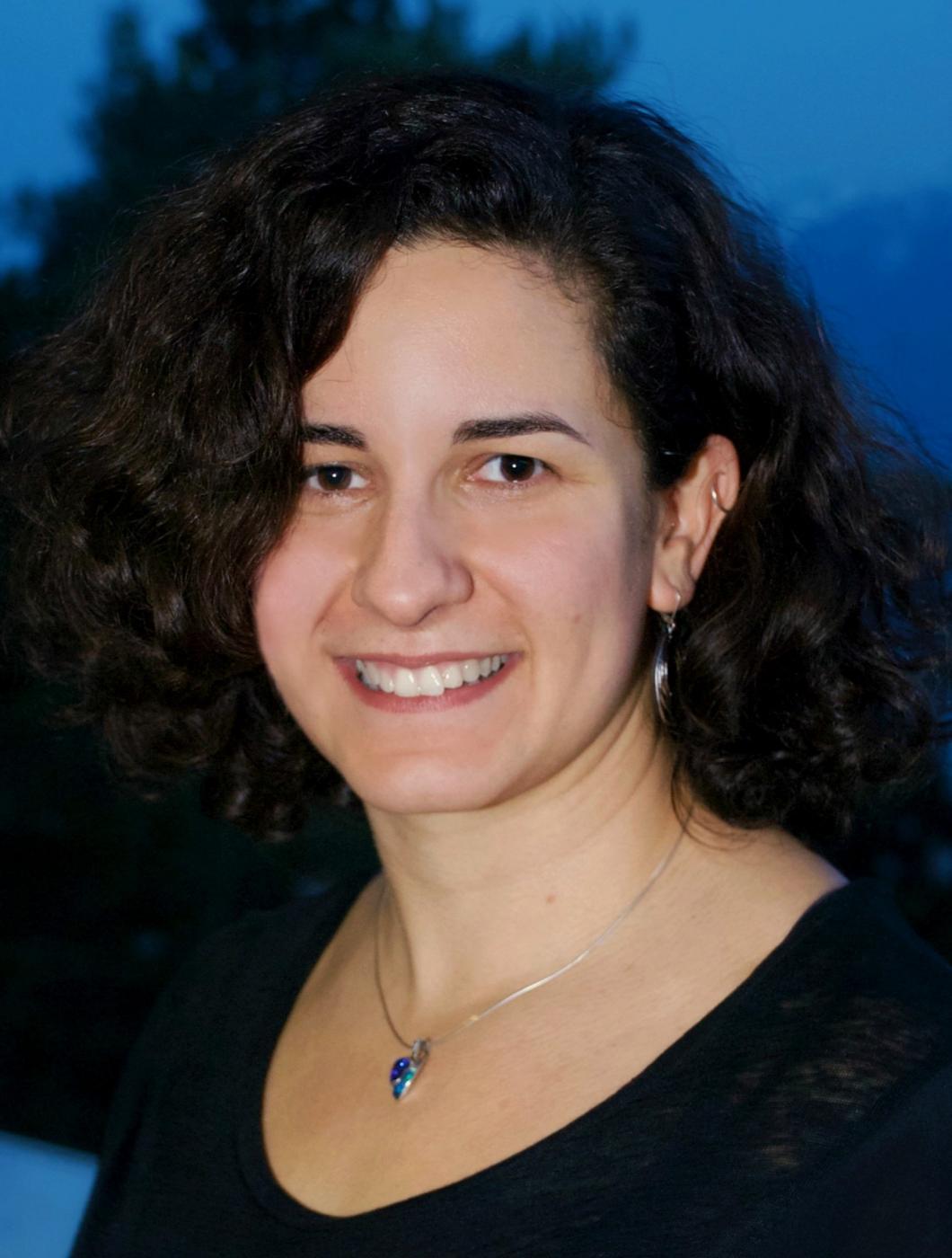Foreword 
Dear Colleague,
We proudly present the Advance Programme of DATE 2018. DATE combines the world's favourite electronic systems design and test conference with an international exhibition for electronic design, automation and test, from system-level hardware and software implementation right down to integrated circuit design.
Out of a total of 766 paper submissions received, a large share (39%) has come from authors in Europe, 26% of submissions are from America, 34% from Asia, and 1% from the rest of the world. This distribution clearly demonstrates DATE's international character, global reach, and impact.
For the 21st successive year, DATE has prepared an exciting technical programme. With the help of 335 members of the Technical Program Committee who carried out 3079 reviews (mostly four reviews per submission), finally 185 papers (24%) were selected for regular presentation and 85 additional ones (cumulatively 35%, including all papers) for interactive presentation.
The DATE conference takes place from 19 to 23 March 2018, at the International Congress Center Dresden, Germany. On the first day of the DATE event, four in-depth technical tutorials on the four main topics of DATE as well as three industry hands-on tutorials are given by leading experts in their respective fields. Technical topics covered are emerging technologies for computing, industrial internet-of-things (IoT), reliability from physics to CAD, virtual prototyping and low-power design, as well as industrial topics on building ARM powered IoT, computer vision for automated driving in MATLAB, and how to implement domain-specific modeling languages.
Also on Monday, DATE hosts the first edition of a new forum, “Advancing Diversity in Electronic Design Automation (DivEDA)”, which aims to increase the number and visibility of women and underrepresented minorities in the research community.
The plenary keynote speakers on Tuesday are Prof. Amnon Shashua, CEO & CTO of Mobileye, whose talk is about “The Responsibility Sensitive Safety (RSS) Formal Model toward Safety Guarantees for Autonomous Vehicles” and Dr. Christopher Voigt, Professor of Biological Engineering at MIT, to talk about “Programming Living Cells: Design Automation to Map Circuits to DNA”. On the same day, the Executive Track offers a series of business panels with executive speakers from companies leading the design and automation industry, discussing hot topics.
The main conference programme from Tuesday to Thursday includes 79 technical sessions organized in parallel tracks from the four areas
D – Design Methods & Tools
A – Application Design
T – Test, Reliability, and Robustness
E – Embedded and Cyber-Physical Systems
and from several special sessions on hot topics, such as emerging technologies, low power challenges and approximate computing for IoT devices, security-aware design in cyber-physical systems, new benchmarking methods and applications for emerging devices, circuits, and architectures, methodologies to design and manage exascale computing system technologies, as well as results and lessons learned from European projects.
Two Special Days in the programme focus on areas bringing new challenges to the system design community: Future and Emerging Technologies and Designing Autonomous Systems. Each of the special days has a full programme of keynotes, panels, tutorials and technical presentations.
During the Special Day on “Future and Emerging Technologies” on Wednesday, a keynote is given by Prof. Jelena Vuckovic from Stanford University, on “From Inverse Design to Implementation of Robust and Efficient Photonics for Computing”. On Thursday in the frame of the Special Day on “Designing Autonomous Systems”, Thomas Form, Head of Electronics and Vehicle Research, Volkswagen AG, and co-ordinator of the Pegasus research project on safety of automated driving gives a talk about “Autonomous Driving: Ready to Market? Which are the Remaining Top Challenges?”.
Additionally, there are numerous Interactive Presentations which are organized into five IP sessions.
To inform attendees on commercial and design-related topics, the Exhibition Theatre provides a full programme, combining presentations by exhibiting companies, best-practice reports by industry leaders on their latest design projects and interviews with keynote speakers form the conference. The conference is complemented by an exhibition, running for three days (Tuesday - Thursday), including campus booths with focus on special topics such as autonomous driving, 5G, FDSOI and IoT Security. The exhibition provides a unique networking opportunity and sets the perfect venue for industry to meet university professors to foster their university programme and also for PhD Students to meet future potential employers.
On Friday, there are 6 full-day workshops, covering a large number of hot topics like software for IoT, emerging memories and interconnects, and new platforms for future cars.
We wish you an exciting and memorable DATE 2018, a successful exhibition visit and an entertaining DATE party on Wednesday evening which takes place in the “Deutsches Hygiene-Museum Dresden”
 |
DATE 2018 General Chair Jan Madsen Technical University of Denmark, DK |
 |
DATE 2018 Programme Chair Ayse K. Coskun Boston University, US |
